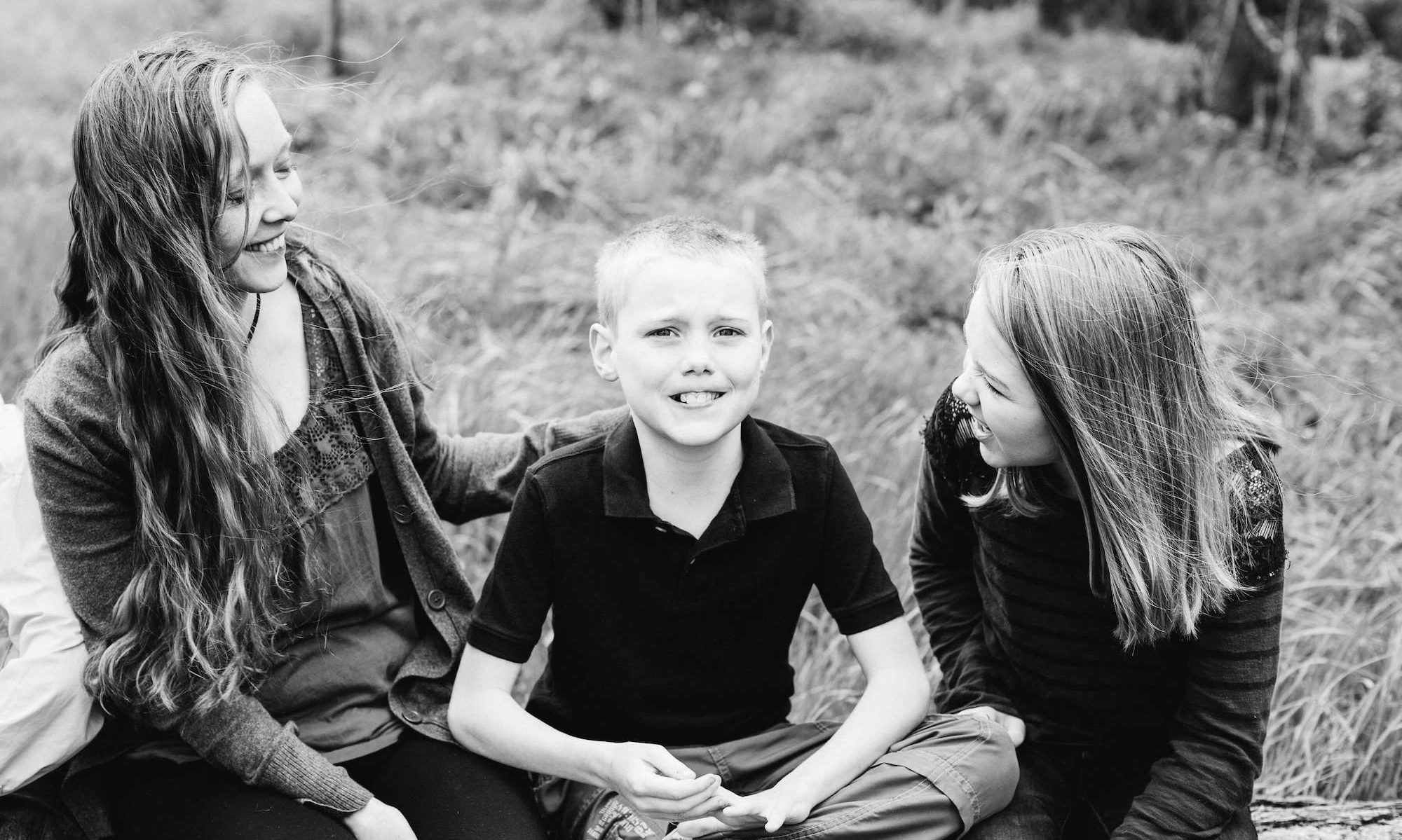
Jackson is our 4 year old boy. He was diagnosed with Autism Spectrum Disorder in May of 2009, but we recognized many of the signs before his 3rd birthday.
What were the signs? Well, he wasn’t talking, and that was starkly different than his older sisters. He started losing the little language he did have. And when he did talk, it was mostly babbling or barely intelligible lines from his favorite video. But even more than that, Jackson stayed in his own world most of the time and would rarely come out for us. Eye contact was extremely rare. He occupied himself by wiggling his fingers in front of his face. His sisters tried and tried to get him to acknowledge them, let alone play with them.
After Jackson turned three and his behavior still had not progressed, we decided that he was not just a
“late bloomer” as we had hoped. We received an official diagnosis a month later.
In the fall of 2009, we enrolled Jackson in a special program for autistic children at the University of Oregon. The faculty employs a variety of A.B.A. (Applied Behavior Analysis) techniques, and we have seen some marked improvements.
Today, Jackson still spends most of his time in his own private world. And like other autistic children, he stims often. For him, that means scratching his dad’s forearms, or sitting by the window with two matching toys (or socks, spatulas, mittens, ribbons, etc) to see how the light interacts with is them. He loves to sing to himself, explore his environment, and eat tortilla chips. Over time, we have even come to appreciate these behaviors (well, not so much the arm scratching, but still…).
But one of the greatest joys of our lives is when Jackson comes out of his world to willingly communicate with us. When he finally makes eye contact with us. When he brings us a picture of what he wants. When he uses sign language. Or best of all, when he actually speaks to us.
Our hope and prayer is that, as we chronicle Jackson’s progress (and we believe he WILL make progress!), other parents of autistic children will learn how to help their own children, how to find resources, and how to make sense of their world.



